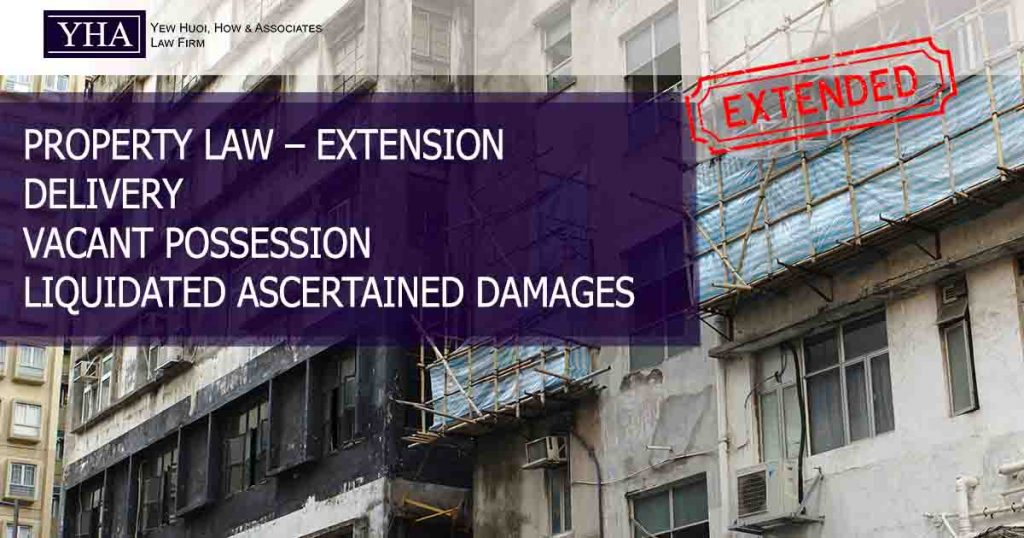I have purchased a unit of condominium and signed the Sales and Purchase Agreement (“SPA”) with the developer. The SPA states vacant possession (“VP”) will be delivered in 36 months. However, the developer had obtained extension from the Controller of Housing (“the Controller”) to extend the period to 48 months. Following the extension, I am unable to claim liquidated ascertained damages because of the extension. Is the decision of Controller valid?
No. In the light of the decision of the Federal Court in Ang Ming Lee & Ors v Menteri Kesejahteraan Bandar, Perumahan dan Kerajaan Tempatan & Anor and other appeals [2020] 1 CLJ 162, the decision of the Controller is invalid.
Isn’t that Regulation 11(3) of the Housing Development (Control and Licensing) Regulations 1989 (“HDR 1989”) allows the Controller to waive or modify the terms in the SPA? Wouldn’t this include modifying the prescribed period for delivery of VP?
Regulation 11(3) of the HDR 1989 was pronounced by the Federal Court in Ang Ming Lee to be void. The Controller does not have power to extend the period for VP to be delivered.
Can the developer apply to the Minister of Urban Wellbeing, Housing and Local Government (“Minister”) for extension instead?
Yes. The Federal Court in Ang Ming Lee held that “it is the Minister who is empowered to give directions and to take such other measures for purposes of safeguarding the interests of the purchasers and for carrying into effect the provisions of the Act”. The Act referred being the Housing Development (Control and Licensing) Act 1966 (“HDA 1966”). Hence, it is the Minister who should be deciding whether to give extension; NOT the Controller.
However, it must be kept in mind that the High Court has in another case in Alvin Leong Wai Kuan & Ors v Menteri Kesejahteraan Bandar, Perumahan dan Kerajaan Tempatan & Ors and other applications [2020] 6 CLJ 55 decided that HDR 1989 does not empower the Minister to extend the prescribed period for delivery of VP in statutory SPA (Schedules G and H). It follows that the decision by the Minister constitutes an illegality. Alvin Leong’s case is seen as an extension of Ang Ming Lee.
The point whether the Minister can make decision on extension of VP remains unsettled. Keeping in mind that the decision of the High Court can be reversed on appeal. It is worth noting that the Federal Court in Ang Ming Lee appears to suggest that the Minister can do so.
Case in point:
Ang Ming Lee & Ors v Menteri Kesejahteraan Bandar, Perumahan dan Kerajaan Tempatan & Anor and other appeals [2020] 1 CLJ 162 Federal Court, Putrajaya
Alvin Leong Wai Kuan & Ors v Menteri Kesejahteraan Bandar, Perumahan dan Kerajaan Tempatan & Ors and other applications [2020] 6 CLJ 55

